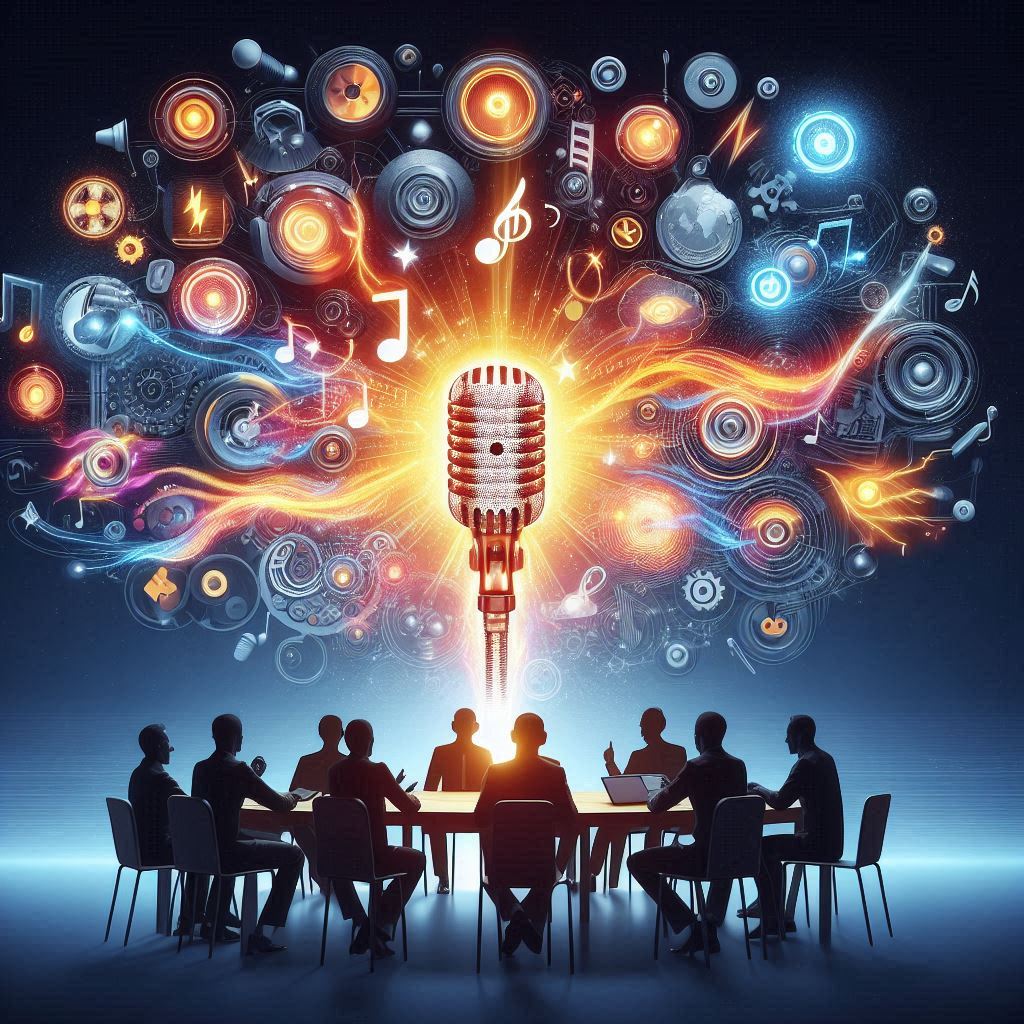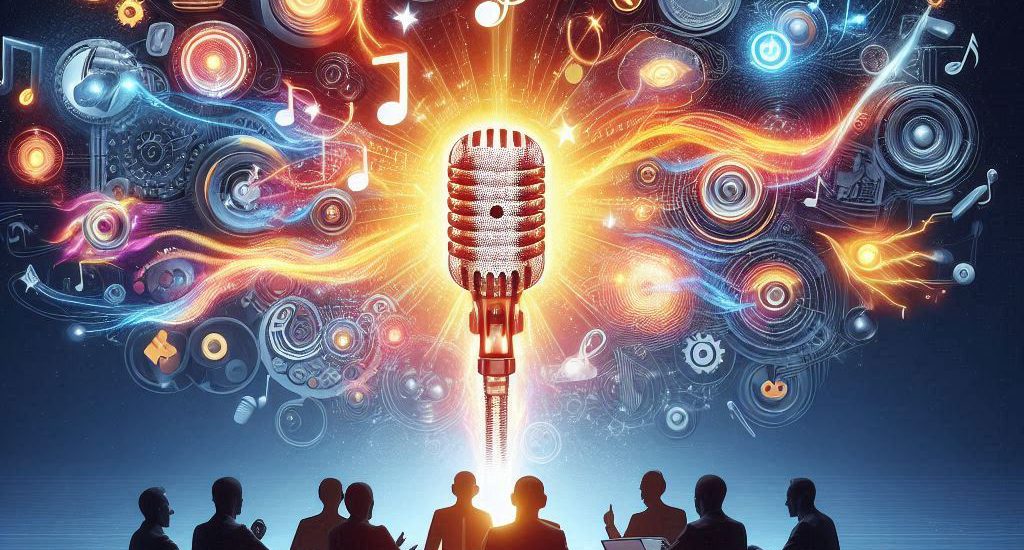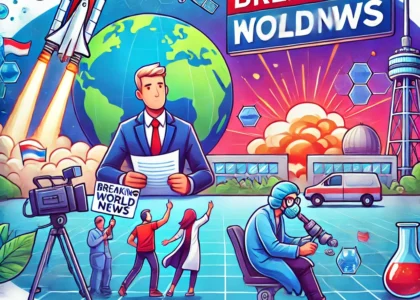In recent years, podcasts have surged in popularity, transforming from niche audio content into a major medium for storytelling, news, and entertainment. As radio listenership has faced steady declines, podcasts have risen to fill the gap, offering a unique blend of convenience and diversity that traditional radio cannot match.
Podcasts appeal to today’s audience for several reasons. First and foremost is their accessibility. With smartphones, tablets, and streaming devices, listeners can tune in to their favorite podcast anytime, anywhere, whether they’re commuting, working out, or simply relaxing at home. This portability gives podcasts a significant edge over traditional radio, where scheduled broadcasts often don’t align with a listener’s schedule.
What truly sets podcasts apart is their range of content. Unlike the more formulaic nature of radio programming, podcasts cover every imaginable topic, from true crime to politics, history, comedy, and even niche interests like gardening or tabletop gaming. This long-tail effect allows creators to produce highly specialized shows that target specific audiences, fostering a deeper connection between the hosts and their listeners.
Podcasts also offer a unique intimacy. With long-form interviews, personal narratives, and unscripted conversations, podcasting feels more personal and conversational than other forms of media. This direct communication has made podcasts an ideal platform for building dedicated fanbases and engaging communities.
The business of podcasting has also boomed. Major media companies have entered the podcast space, with platforms like Spotify investing heavily in exclusive content deals with celebrity podcasters and networks. The advertising model has evolved as well, with companies targeting listeners based on interests and demographics in ways traditional radio cannot. As a result, podcasting has become a lucrative industry for both creators and advertisers.

However, the rise of podcasts has raised questions about the future of radio. While traditional radio still holds appeal for certain demographics, especially in local markets, its dominance is waning as younger generations turn to podcasts for their audio fix. Radio stations are adapting by offering their own podcasts and integrating digital content into their programming, but the shift towards on-demand audio seems irreversible.
Ultimately, the power of podcasts lies in their ability to cater to modern lifestyles, providing engaging, flexible, and diverse content for an audience that demands more control over how and when they consume media.





